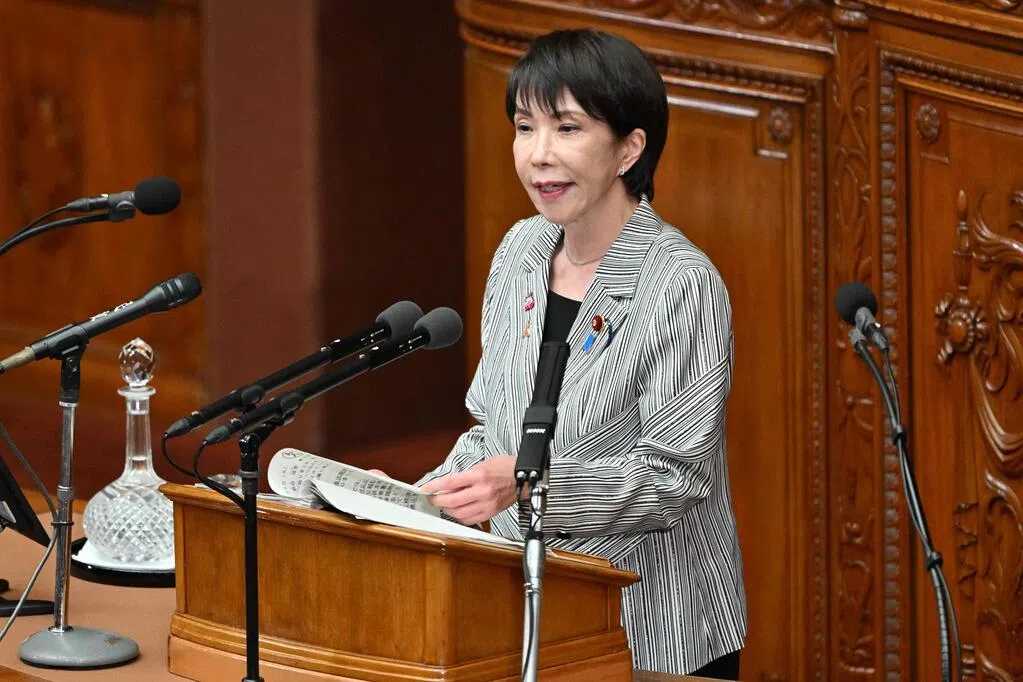Japanese Prime Minister Sanae Takaichi intends to overturn the overtime work limit law enacted five years ago, potentially returning Japan to a workaholic era. In Japan, facing a labor shortage, Takaichi's new policy is seen as beneficial to businesses. However, workers strongly oppose it.
In 2019, an employee of Dentsu, a Japanese advertising giant, committed suicide due to excessive work pressure. This incident drew the attention of the authorities, prompting reforms and the enactment of labor laws restricting overtime. The regulations stipulate that overtime cannot exceed 720 hours per year, with violators facing fines and blacklisting.
After being elected leader of the Liberal Democratic Party, Takaichi touted herself as a workaholic and encouraged lawmakers to abandon the "work-life balance" approach and work even harder. During the plenary session of the House of Councillors on Wednesday (November 5th), the opposition questioned her about whether she intended to repeal the labor law and relax the working hour restrictions.
Takaichi stated, "Japan's 'Work Style Reform Law' has been in effect for over five years. I understand the Ministry of Labor is reviewing the law, and I understand differing opinions on working hours regulations, and that the law has potential side effects. My concern is that restricting overtime means reducing overtime pay, which will impact people's livelihoods. To earn more money, people are even taking on unfamiliar part-time jobs, which increases stress and can even be harmful to their health."
Across various industries in Japan, some believe that due to labor shortages, relaxation is necessary. However, others argue that 100 hours of overtime per month is the threshold for death from overwork and oppose any changes.
Further Reading


According to data from Japan's Ministry of Health, even though the government has restricted excessive overtime, workplace injuries such as brain and heart problems caused by long working hours continue to rise. Last year, 241 cases occurred, a five-year high.
Regarding Takashi City's plan to abolish overtime limits, Yoshie Komuro, head of the Tokyo Labor Association, said, "Most young people today are unwilling to work long hours. We cannot go back to the old ways and continue with the previous practice of unlimited overtime. This is out of step with the times and will lead to a brain drain."
Japan's legal working hours are 40 hours per week, with an overtime limit of 720 hours per year, which is actually more than twice that of European and American countries. However, due to the increasingly severe labor shortage, most Japanese industries hope to solve the problem by doubling overtime.
Companies actively attracting foreign investment and developing advanced technologies support Takashi City's new policy. The owner of a machinery manufacturing company in Fukuoka Prefecture said, "TSMC has set up a factory in Kumamoto Prefecture, and we are overwhelmed with orders. However, based on the overtime limit, we dare not accept too many orders. Excessive labor reforms are hindering our development."



